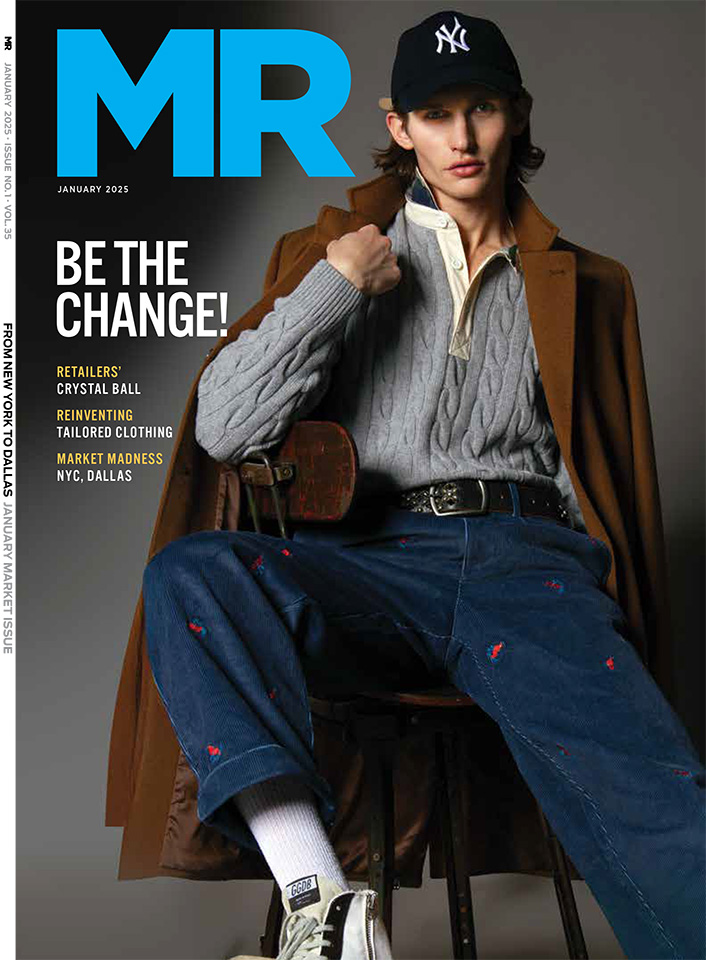From Online to Local: Taylor Stitch


When we first profiled the founders of San Francisco’s Taylor Stitch in late 2009, Michael Maher, Barrett Purdum and Michael Armenta were a couple years into their innovative online custom shirt business. The idea, Maher told us then, was “to sell custom shirts in a way that appealed to a younger, more tech-savvy audience.” It worked. Their American-made basics, with special limited-edition product released every Wednesday, presented with a visually driven lifestyle blog, gained a loyal following and the business has consistently tripled for the last few years, slowing only last year to about 30 to 40 percent annual growth.
Taylor Stitch has added many categories—chinos, jeans, T-shirts, jackets, belts, neckwear and others—and a women’s collection. But in March of 2011, they did something that they never thought they’d do: open a brick-and-mortar store. When they learned about an 800-sq. ft. space next to their favorite coffee shop on Valencia Street in the Mission District, they couldn’t resist.
Most of the store’s product is Taylor Stitch’s own. American-made Oxfords and sport shirts range from $98 to $125; rugby shirts, made in California, are $88, and chinos and jeans are $125 to $145. The store does carry some brands, for example Tellason jeans: “Pete and Tony [Tellason’s owners] are good friends of ours and their product adds a nice blend to what we do with our own denim,” says Maher. And some accessories: “Like bags and socks, two categories that would be tough for us to make on our own.
“The shop has helped our online business a ton,” admits Maher, explaining that once local guys try stuff on in the store, they feel more comfortable ordering online. The store is now half their business. “We’re lucky we have very steady traffic on the weekdays. It’s not just a weekend shop.” A lot of it has to do with the neighborhood and being next to a busy coffee shop. “Once we opened it, we were incredibly excited about what it was doing for the brand. I don’t think brick-and-mortar retail is dying—I don’t think it ever will.”


